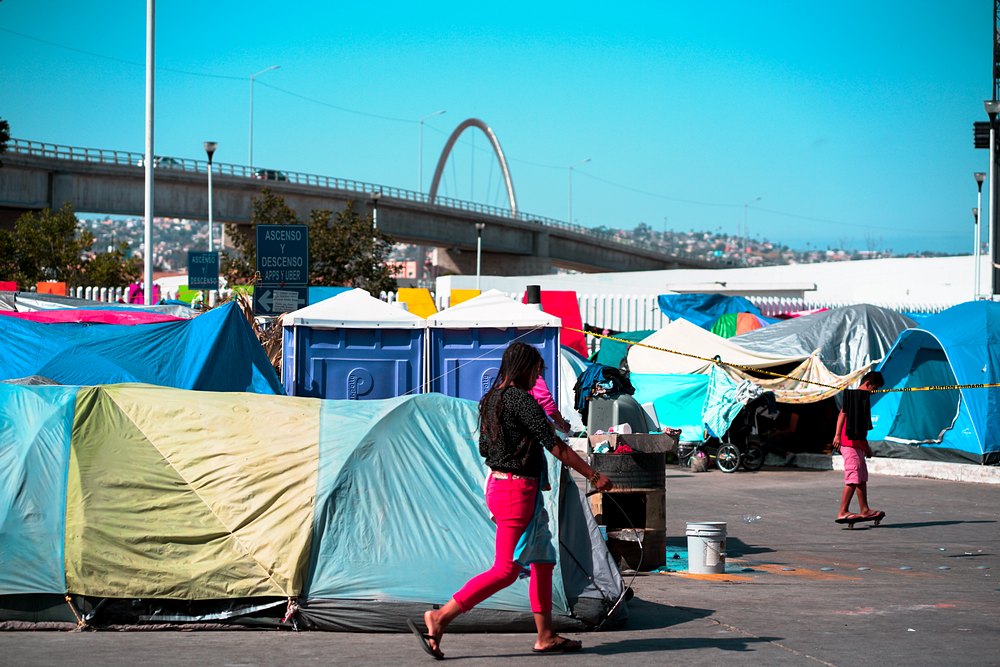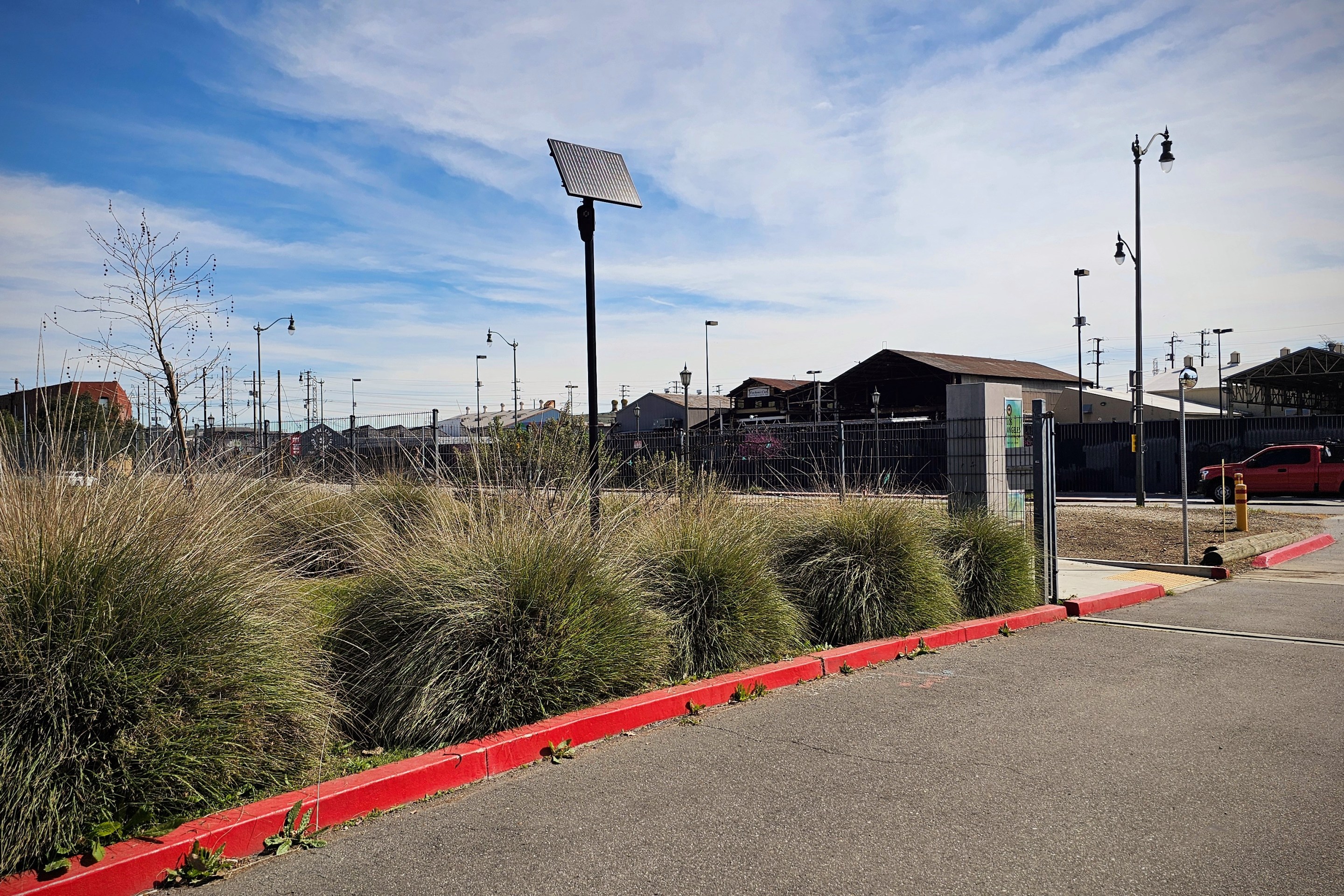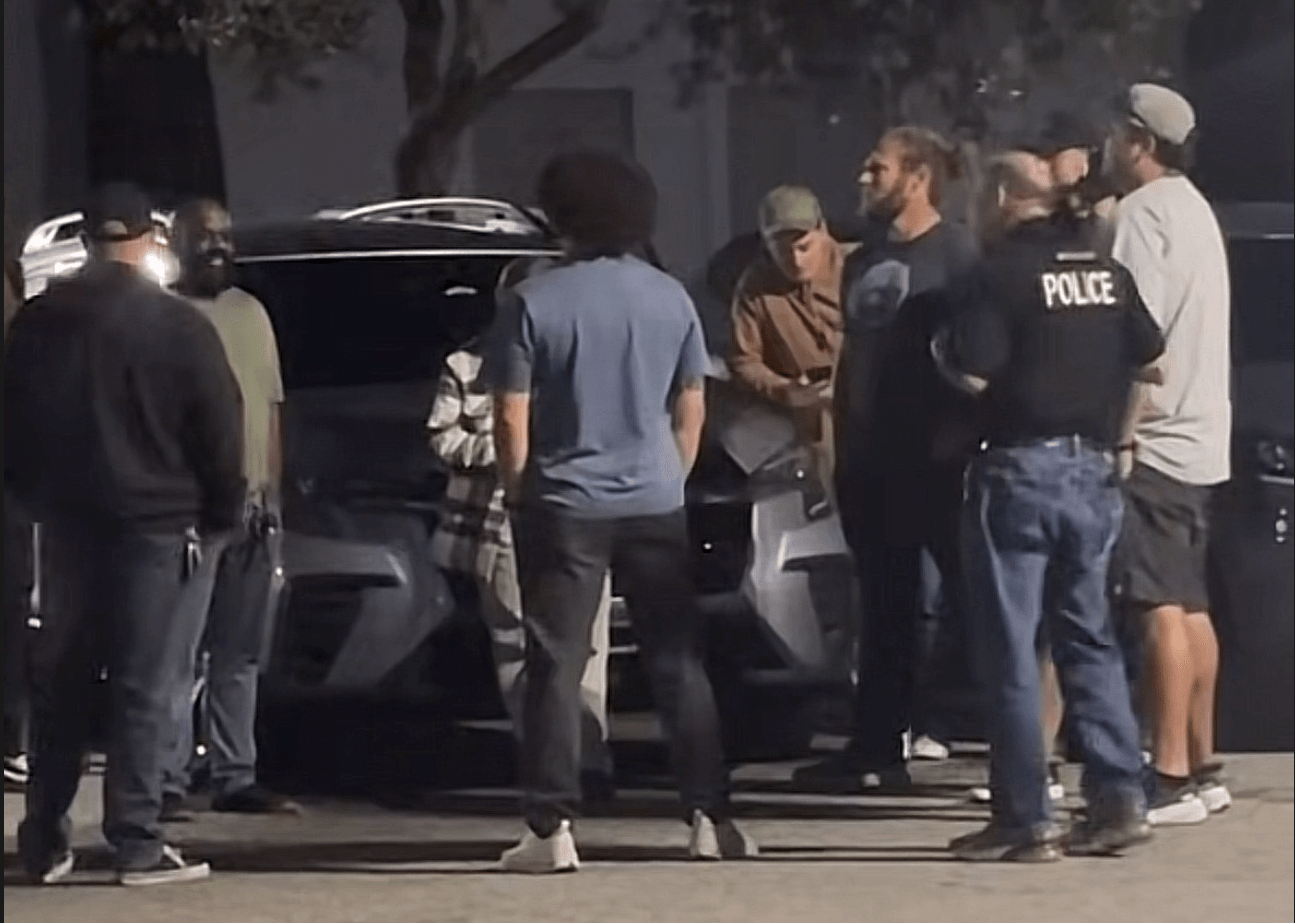Traveling to Mexico requires no visa for Ukrainian and Russian passport holders. After the U.S. announcement that 100,000 refugees would be accepted from Ukraine, it quickly became common belief that all one needs is a sponsor on the other side to be welcomed into the U.S. with open arms. Or simply to show up and present themselves to U.S. agents, who are sympathetic to the plight of refugees.
Videos and rumors shared through Facebook group pages attesting to the ease of crossing in Mexico are emboldening many to follow this path.
As my wife's own family fled Russian aggression in the first week of the invasion, we were encouraged by a friend who successfully helped them leave Ukraine to count on this being the case. "Just get them to Mexico," they pleaded. But an immigration lawyer we spoke to made it plain: "Don't even think about it."
However, the temptation remains high, no matter how much of a crapshoot crossing the border currently appears. The U.S. has no clear plan for how to accept and resettle war-torn Ukrainian refugees, making it extremely difficult for them to secure new visas or other status that would allow them to fly in directly to the States. LAist recently explored their frustation in depth through a local lens.
Despite numerous difficulties and little certainty, Ukrainians with family in the U.S. have variously been permitted across the Mexican border, while those seeking to come over with non-family have found their intended sponsors landing in legal trouble out of legitimate concerns about potential human smuggling. Nonetheless, those who have successfully entered the U.S. have only encouraged a population still stuck in Ukraine or Eastern Europe that taking ones chances on the Mexican border may still be the surest way to find security and safety, devoid of other options.
Meanwhile, a backlog continues to stymie asylum seekers flooding in from the country, leading to a three-day line to be called for entry interviews, with the situation seeming to shift daily.
Amid this background, two Ukrainian women recently attempted to gain political asylum through Mexico, only to be offered more indignity and pain in the form of 18 days of U.S. detention.
NBC brings us the story of Maksym Armash, a Ukrainian man living in Virginia who hoped to bring his wife into the States after she fled Putin's onslaught in Odesa. Armash flew to meet his fiancee in Tijuana along with two of their fellow compatriots, and tried to illegally cross the border, secure in the idea that any detention would be brief.
Vitaliiye Vecheva and his wife, Viktoriiaye, were the other Ukrainian couple traveling with Armash and his fiancee. They foresaw no sign of trouble that crossing from Mexico into the States would entail. Videos had led them to believe they'd be detained for, 48 hours at most, before being set free in the States.
What happened next gave the foursome a glimpse of the harsh realities faced by many Central Americans seeking asylum in the States through the same route. After being sent back to Mexico, three times by U.S. Border Patrol, the Ukrainians attempted a fourth crossing, where the women bailed their car and tried to make a desperate run for U.S. territory.
Naturally, they were caught by Customs and Border Protection agents and handed over to ICE, where they were handcuffed and placed in custody in a detention center. There they encountered at least 100 other Ukrainian refugees, already traumatized by leaving everything behind to become essentially homeless, if not by the bombings, hunger, misery, and death around them.
Even migrants who have been cleared for release often face this stark reality, waiting weeks in detention as they're processed and allowed a date in immigration court, much like U.S. arrestees awaiting trial who can't pay bail are often forced to wait months and even years before a trial date.
The men and women were separated, with the men set free in San Diego. The women slept on a crowded detention center floor with thin plastic blankets, experiencing a taste of the cruel experiences so many migrants from other countries, including children left all alone, face when fleeing danger, desperation, and violence in their home countries.
The women, cut off from communicating with their men, were shackled and flown to a new immigrant processing center in Basile, Louisiana, growing despondent over the indeterminate length of their detention and lack of information, but at least now with beds. We recall a friend who spent extended time in such a Southern immigration facility telling us the experience, full of sweltering days and freezing nights, was "worse than prison."
The women's nightmare soon ended after 18 days in detention, their husbands greeting them with flowers. But they were left wondering about the other Ukrainian and Russian women still detained inside. The frustrations and indignity they suffered there is commonly experienced, and typically at much greater lengths, by migrants from Central America, the Caribbean, and Mexico, a situation that will likely increase as global warming ravages coast lines, farms, and small towns.
Taylor Levy, an immigration lawyer in El Paso, Texas, explains: “What we’re seeing is the United States not welcoming these people with dignity and respect. They’re treating them the same way that the system always treats people seeking protection, which means horrific conditions, freezing cold cells, family separation from your loved ones — from your adult children, from your fiancées, from your husbands and wives — and then being shackled and sent off to remote detention centers."
Currently, Canada and the E.U. have been accepting Ukrainian refugees with clear policies and, compared to the U.S., open arms. According to ABC, the number of Ukrainians waiting at the San Ysidro Port of Entry at the Tijuana border, hoping for asylum, has exponentially increased over the last few weeks, with a wait-list of over 600 people at the time of writing as people are slowly allowed in with exemptions to the Trump-era Title 42 policy, which insists the U.S. expels those seeking asylum in the States amid the COVID-19 pandemic.
Citing the case of a Haitian family fleeing rampant gang violence and sexual assault in Port-Au-Prince, who were eventually granted their own exemption to Title 42, Blaine Bookey, legal director of the Center for Gender and Refugee Studies, tells ABC, "It absolutely should not take a full team of lawyers, doctors... pushing for just one family to have the chance to seek to seek asylum, which is their right under the law."
Last week, President Biden announced his plants to reverse Title 42, while three states--Louisiana, Missouri, and Arizona--are fighting to keep it in place through lawsuits.






